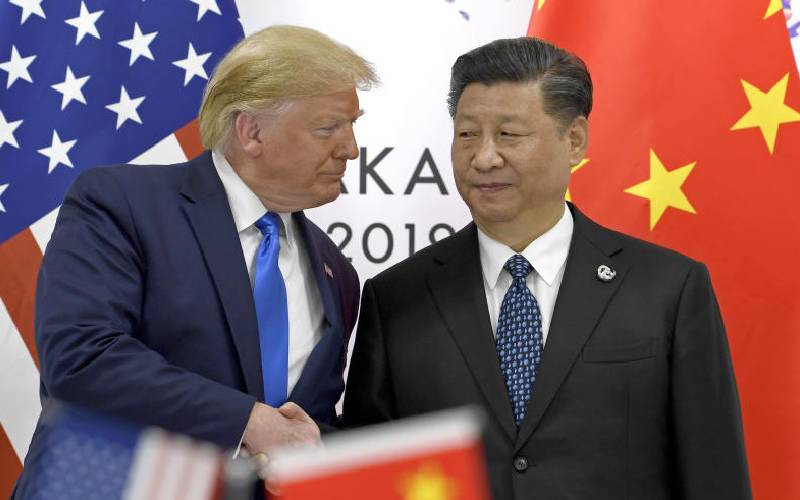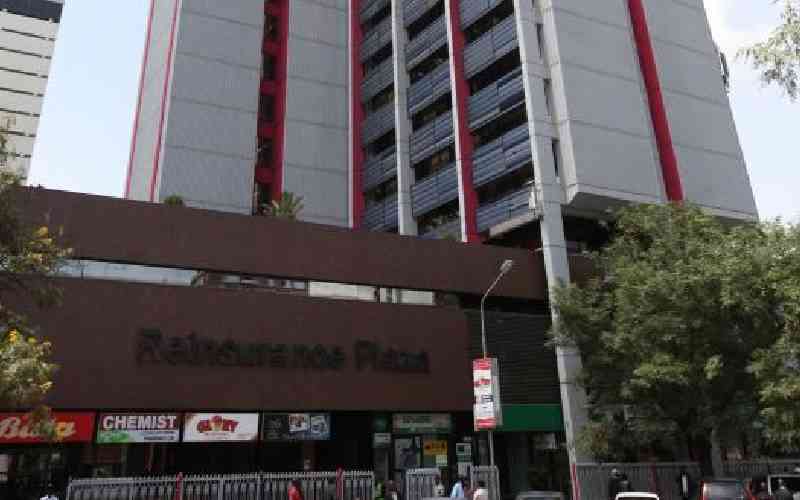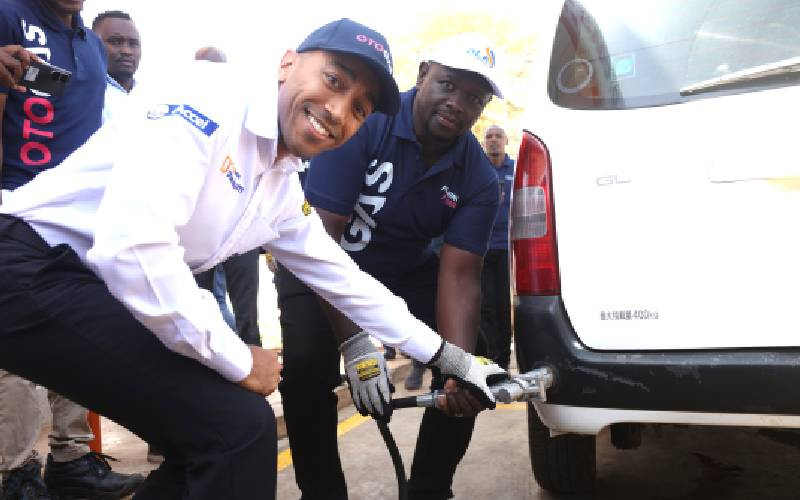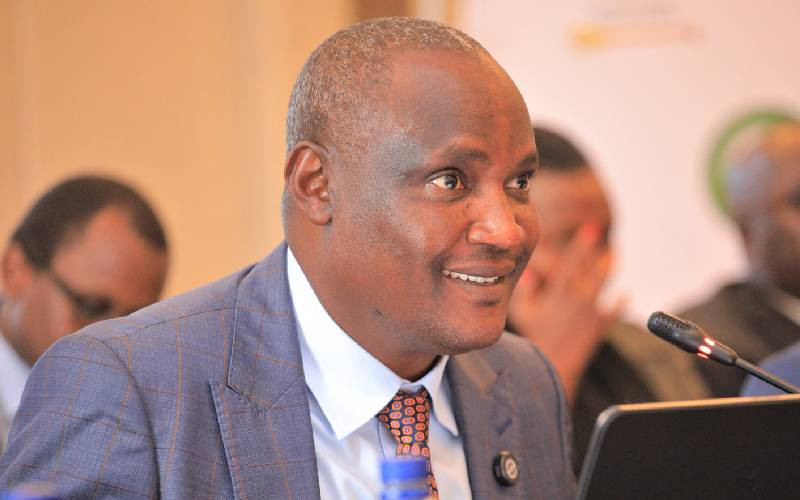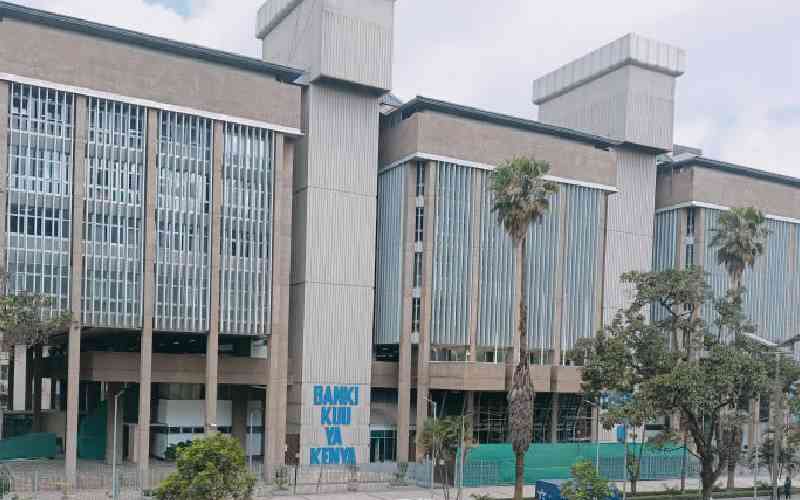Kenya Power employees replacing worn-out poles at Tombe in Nyamira County last year. [Sammy Omingo, Standard]
×
The Standard e-Paper
Join Thousands Daily
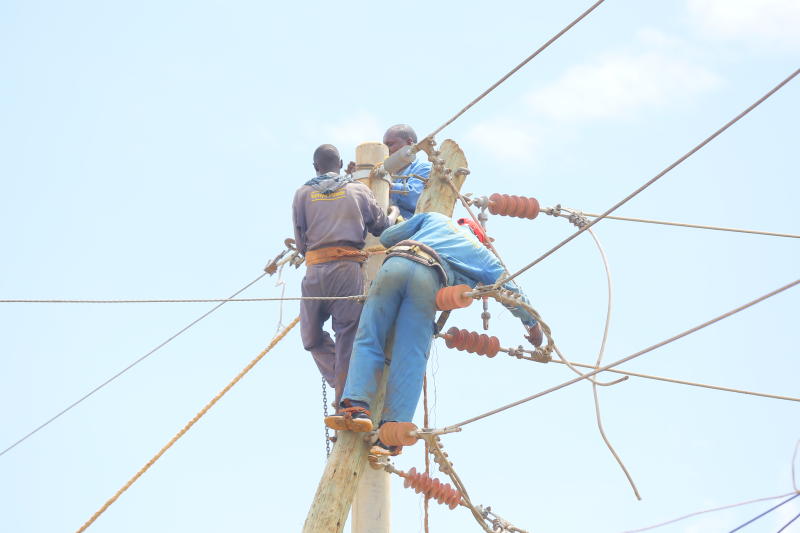
It might take a little longer before your power bill can go down further in line with a presidential directive last year.
President Uhuru Kenyatta had promised Kenyans a 30 per cent reduction in power costs, a pledge informed by a report of the Presidential Task Force on the review of Power Purchase Agreements (PPAs), which he set up to look into the high cost of power and how it can be reduced.
